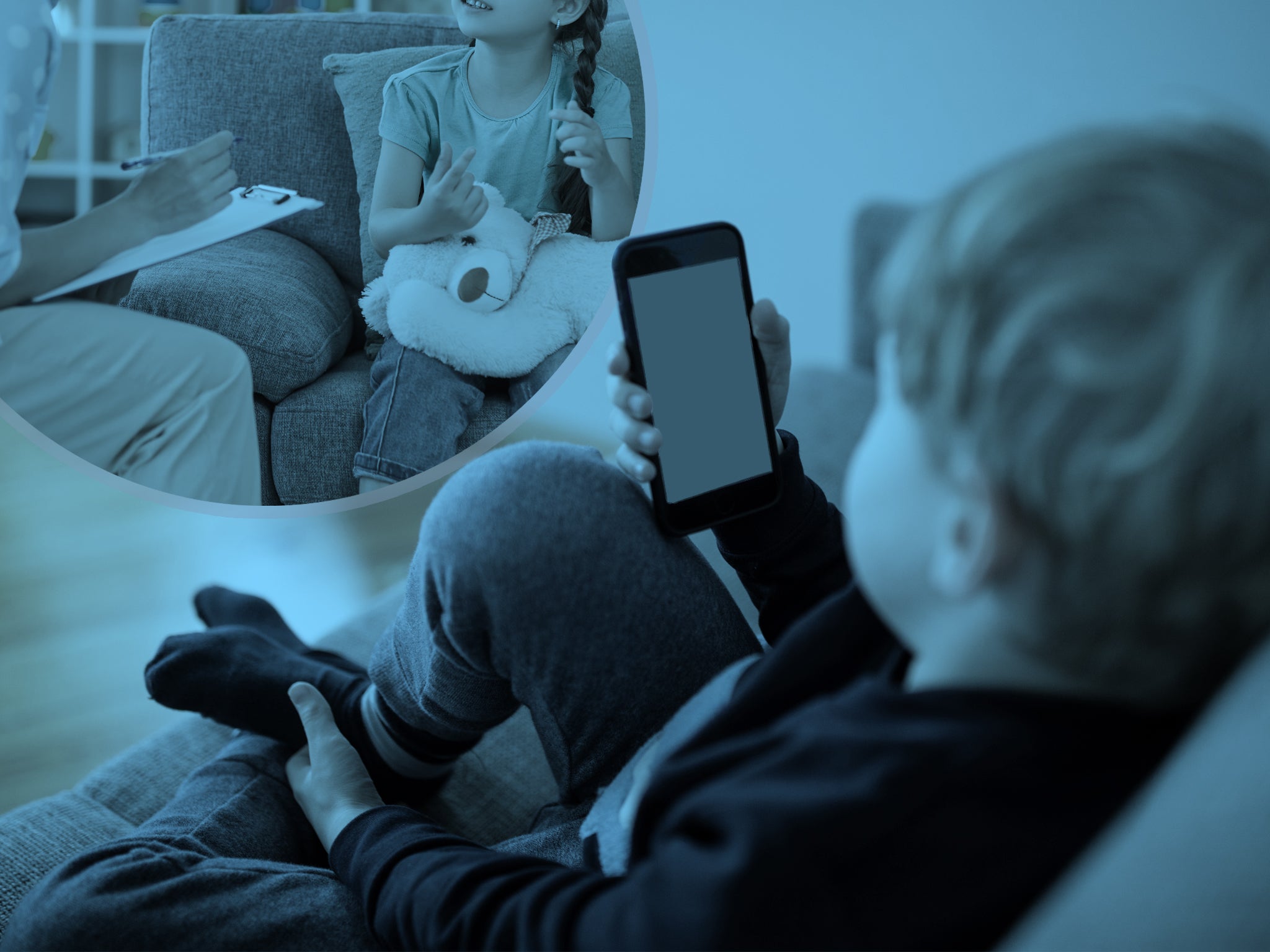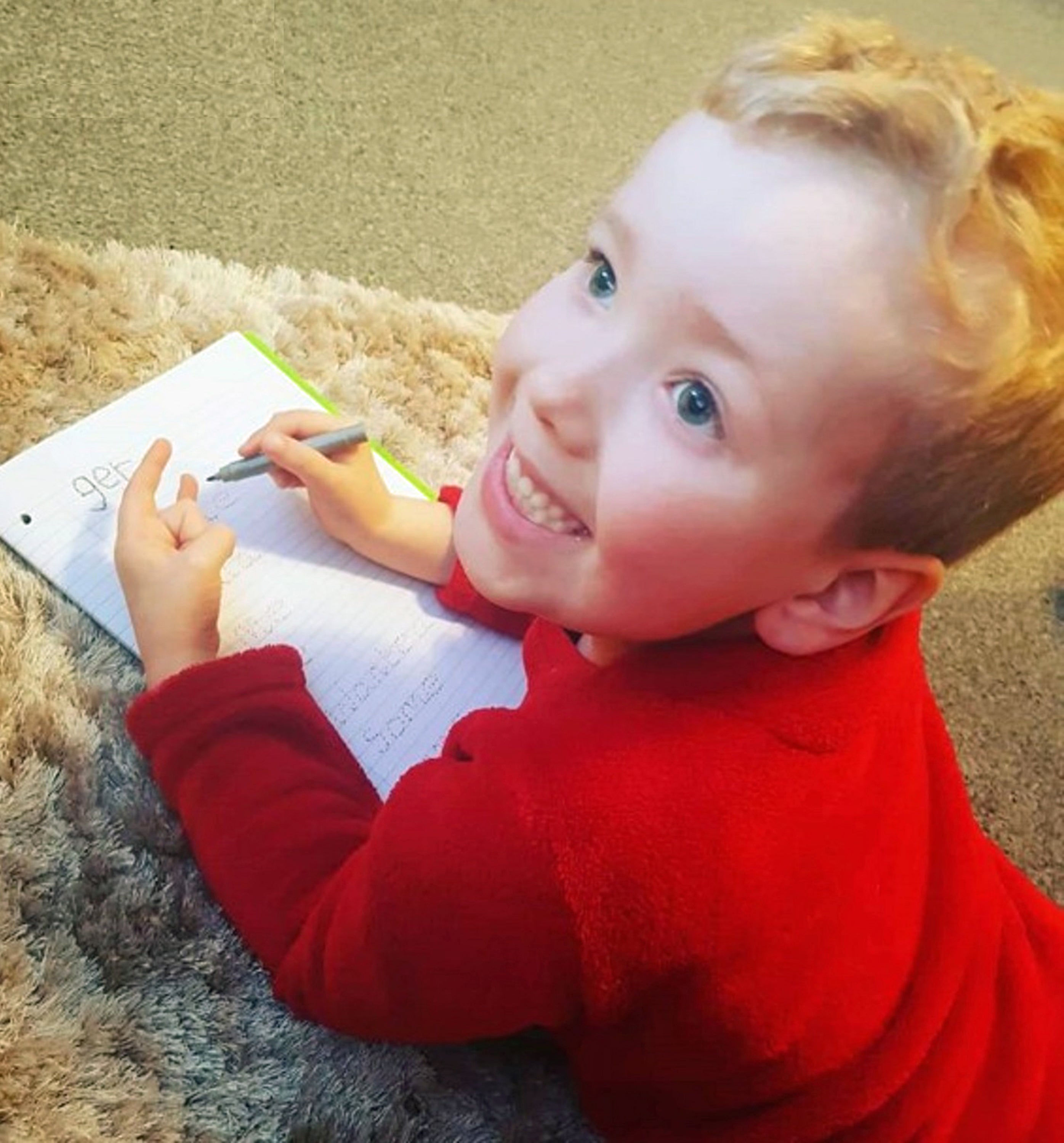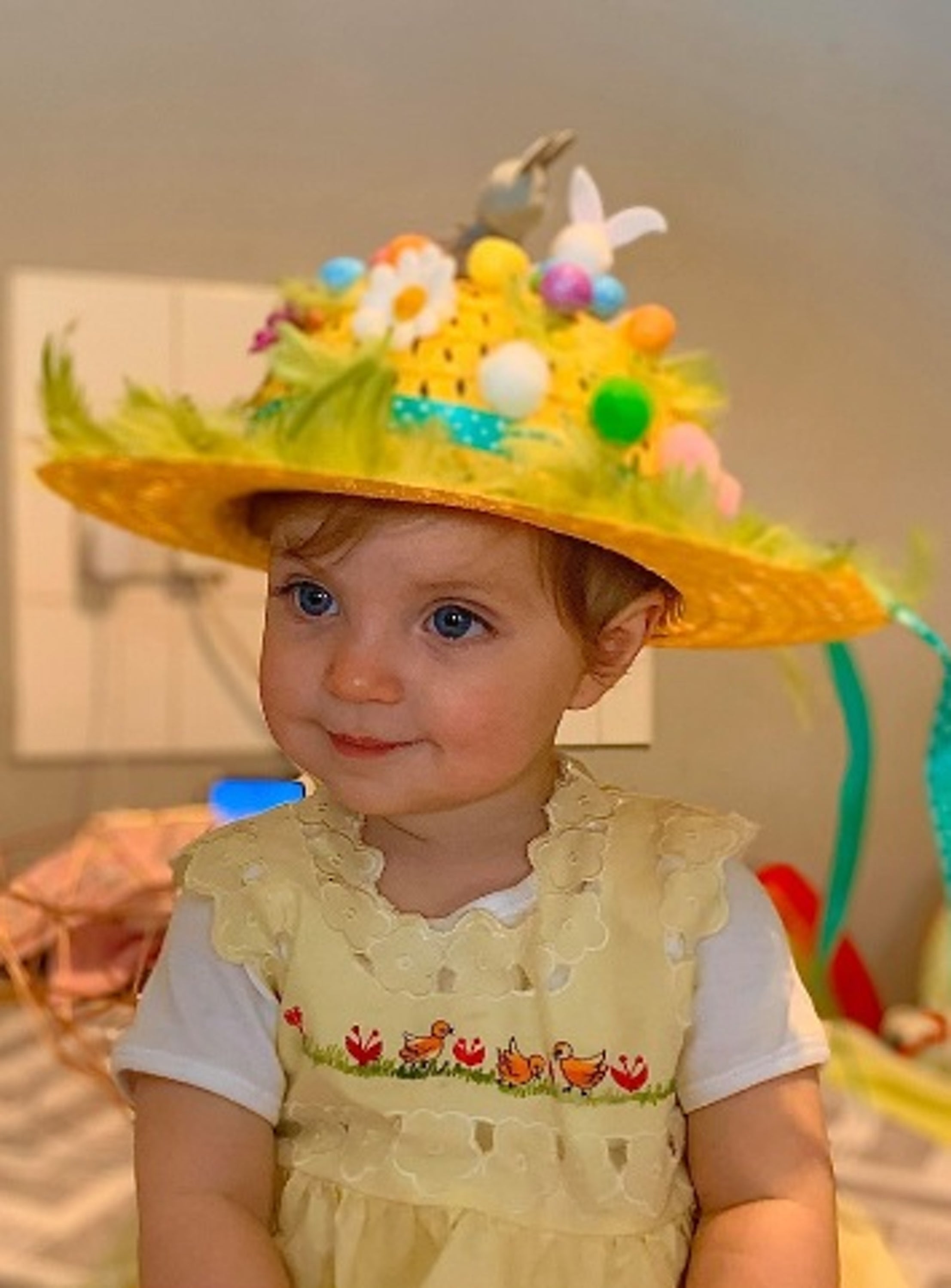Revealed: Social workers carry out visits over video call
Exclusive: ‘Virtual visits’ – which began during first lockdown – branded ‘extremely concerning’ over fears abuse may be missed

Your support helps us to tell the story
From reproductive rights to climate change to Big Tech, The Independent is on the ground when the story is developing. Whether it's investigating the financials of Elon Musk's pro-Trump PAC or producing our latest documentary, 'The A Word', which shines a light on the American women fighting for reproductive rights, we know how important it is to parse out the facts from the messaging.
At such a critical moment in US history, we need reporters on the ground. Your donation allows us to keep sending journalists to speak to both sides of the story.
The Independent is trusted by Americans across the entire political spectrum. And unlike many other quality news outlets, we choose not to lock Americans out of our reporting and analysis with paywalls. We believe quality journalism should be available to everyone, paid for by those who can afford it.
Your support makes all the difference.Vulnerable children and families are still being seen by social workers over video call rather than in-person long after the end of lockdown – raising fears that abuse could be slipping through the net.
During the first Covid wave, use of WhatsApp and other digital platforms for visits was widespread, though face-to-face encounters continued for high-risk cases.
Now, though it is understood the majority of visits are in-person, video calls are still taking place, with one London borough’s children and family social workers conducting one in six visits virtually this month.
The continued use of “virtual visits” has been branded “extremely concerning” because some of the risks in a household cannot be identified by social workers over video.
It comes after two high-profile cases of children murdered despite being known to social services. A national inquiry has begun into the case of Arthur Labinjo-Hughes, the six-year-old tortured and killed by his father and stepmother after social workers found they had no safeguarding concerns. Authorities were also called to help 16-month-old Star Hobson five times before she was murdered by her mother's partner, who was jailed last week.

Anne Longfield, former children’s commissioner for England, said: “It is extremely worrying that video calls, which may not reveal the hidden risks off-camera, are still being used for some safeguarding visits, particularly following the shocking deaths of Arthur Labinjo-Hughes and Star Hobson. This is even more concerning given the current uncertainty around Omicron and any potential future restrictions. No vulnerable child should be at risk of abuse.”
A snapshot survey of some of the biggest councils in England by The Independent found that in the London borough of Haringey – the authority at the centre of the “Baby P” scandal – one in six children and family social workers’ visits were conducted virtually in the month up to 17 December, accounting for 156 visits. In November, 15 per cent were carried out online. In nearby Hackney one in 10 visits to children on “child protection” plans – those suffering or at risk of significant harm – were not carried out face-to-face in November. In Newham, also in London, 11 per cent were conducted virtually in the same month for those on “child protection” plans and “child in need” plans– those deemed vulnerable but not at immediate risk.
Kent County Council, the country’s largest, conducted 6.6 per cent of visits virtually last month. In the London Borough of Barking and Dagenham, one in seven visits was online in November. Some 6 per cent of “child protection” and 10 per cent of “child in need” visits were virtual. Meanwhile, in the second week of December, 9 per cent of “child in need” and 4 per cent of “child protection” visits were virtual in Merton, southwest London. The majority of other councils contacted by The Independent said they were not doing visits virtually, or only in Covid isolation cases and exceptional circumstances.
Anntoinette Bramble, of the Local Government Association, which represents English councils, said: “Councils have been raising concerns about the risk of hidden harm since the beginning of Covid-19. While new ways of working during this period brought benefits for some families, councils were still extremely concerned about potential risks for others.”

Weeks into last year’s first lockdown, the government issued guidance effectively open to interpretation for English local authorities. “Social workers and their managers are best placed to make professional judgements of risks and protective factors in place and to decide what form of contact they need to maintain with children and families,” the Department for Education said on 6 May 2020. Highlighting there were “many ways to keep in touch with a child, young person or family without physical face-to-face contact”, it added: “It is expected that these will be utilised appropriately and proportionately in response to the risk assessment undertaken for the child on a case-by-case basis.”
One social worker in the east of England said her team had carried out “hardly any” face-to-face visits during the first lockdown, instead shifting to video calls. Speaking on condition of anonymity, she said: “If I was talking to mum and they were in the home the partner would be there too, so if there was a potential domestic abuse situation she couldn’t say this is what’s happening.”
During the second lockdown, there was more recognition of the importance of face-to-face visits, she said, though in some cases visits were still carried out virtually due to families self-isolating or social workers running short on time.
University of East Anglia academics, who interviewed 31 child and family social workers across nine English local authorities between March and June last year, found children and families rated “red” – high risk – had been “prioritised for essential face-to-face visits, and/or frequent virtual visits”. However, in medium or lower risk cases, families and children “were visited less frequently, and these contacts were typically virtual, conducted via platforms such as WhatsApp, FaceTime or Skype”. A summary of the findings, published in July 2020, stated: “All but the most urgent home visits were replaced by virtual interactions.”
Researchers added: “The ‘little and often’ approach encouraged by virtual working was welcomed by some families. Many social workers described developing closer relationships with families and becoming more familiar with their everyday lives during lockdown.”
However, academics noted virtual visits had “significant limitations” for initial assessments and high-risk cases. “Social workers noted that it was increasingly difficult to detect ‘hidden risks’ during virtual home visits,” the research said. “Many felt that their judgments about child safety were ‘less robust’ as a result. As a consequence, social workers were worried about keeping children safe during lockdown. Workers were concerned that they would be blamed for difficult decisions they had made in these circumstances.
“It was difficult to ensure both confidentiality and safety during virtual visits. Social workers had no way of knowing who might be listening to the call. This was a particular issue when talking to children at risk of abuse/neglect and parents experiencing domestic abuse.”
Some of the points were echoed in a second piece of research published in May. Academics from Birmingham University and one from Monash University in Australia interviewed nearly 50 social workers, managers and family support workers in four English local authorities from April 2020 to December 2020.
Professor Harry Ferguson, one of the co-authors, told The Independent: “What social workers typically did was adopt a hybrid approach where they… blended some of that on-screen case work with still doing some visits to the home.” Though there were “some significant limitations” placed on social workers, he added, “they still managed to do lots of effective practice”.
A Department for Education spokesperson said its guidance made clear a child’s welfare was the priority in any decision on visits, and risk assessments had been carried out before any move to virtual visits.
Haringey Council said virtual visits were used “only when Covid is an issue in the family or with the practitioners”. Hackney and Barking and Dagenham councils both said online visits were used only in exceptional circumstances, while Newham Council said it was “agreed” that some visits would be virtual due to there being “a potential risk of Covid-19”.
Kent County Council said its staff had “worked tirelessly” to maintain face-to-face visits, with 98.3 per cent of those involving the “most at-risk children” carried out in-person last month.
Has this issue affected you? If so, please email: simon.murphy@independent.co.uk and may.bulman@independent.co.uk
Join our commenting forum
Join thought-provoking conversations, follow other Independent readers and see their replies
Comments